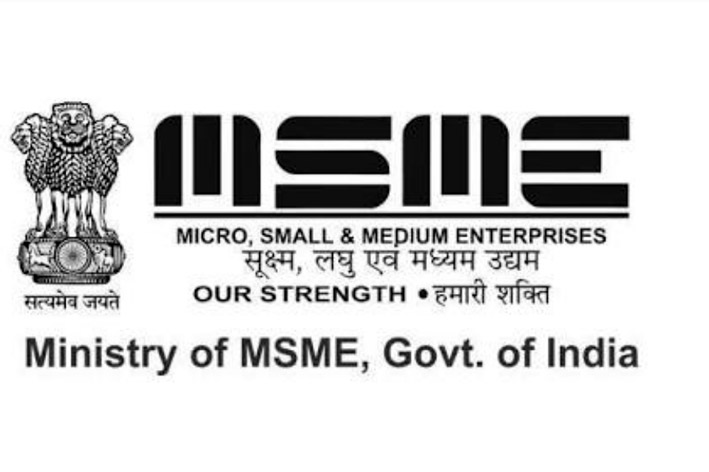NEW DELHI, Feb 2: The Union Budget 2020-21 has earmarked an all-time high allocation of Rs 7,572.20 crore for the Ministry of Micro, Small and Medium Enterprises while announcing a string of initiatives for the sector including raising the turnover threshold for audit of their accounts to Rs 5 crore and a scheme to provide subordinate debt to MSME entrepreneurs.
The flagship employment generation scheme of the ministry, Prime Minister Employment Generation Programme, has got an all-time high allocation of Rs 2,500 crore for generating self-employment opportunities through establishment of micro-enterprises in non-farm sector by helping traditional artisans and rural/urban unemployed youth.
“Currently, only businesses having a turnover of more than Rs 1 crore are required to get their books of accounts audited by an accountant. In order to reduce compliance burden on small retailers, traders, shopkeepers who comprise the MSME sector, I propose to raise by five times the turnover threshold for audit from the existing Rs 1 crore to 5 crore,” Finance Minister Nirmala Sitharaman said while presenting the Budget in Parliament on Saturday.
She said a scheme will be introduced to provide subordinate debt to MSME entrepreneurs.
Besides, the government has also asked the Reserve Bank to extend the debt restructuring window for MSMEs by a year to March 31, 2021, Sitharaman said.
“An app-based invoice financing loans product will be launched. This will obviate the problem of delayed payments and consequential cash flow mismatches for the MSMEs,” the finance minister said.
She further said necessary amendments will be made to the Factor Regulation Act 2011 to enable non-banking financial companies (NBFCs) to extend invoice financing to MSMEs through TReDS, thereby enhancing the economic and financial sustainability.
A scheme of Rs 1,000 crore was also announced to extend hand holding support to mid-sized companies in selected sectors such as pharmaceuticals, auto components and others for technology upgradations, R&D, business strategy, among others, to make them export competitive.
The Khadi Vikas Yojana and Gramodyog Vikas Yojana has been allocated Rs 472 crore to develop a sustainable model of Khadi based business enterprises in the villages.
The allocation under MSE-Cluster Development Programme has witnessed an increase of 71 per cent to Rs 391 crore from Rs 228 crore in 2019-20 for enhancing productivity, competitiveness and capacity building of Micro and Small Enterprises (MSEs).
Allocation for ‘Scheme of Fund for Regeneration of Traditional Industries’ (SFURTI) has gone up to Rs 465 crore from Rs 125 crore in the previous year to help traditional industries become more productive, profitable and capable of generating sustainable employment for artisans.
Besides, Rs 805 crore has been allocated under Credit Linked Capital Subsidy and Technology Upgradation Scheme (CLCS-TUS) to improve competitiveness of MSMEs through various interventions aimed at upgrading technology.
The National Scheduled Caste/Scheduled Tribe Hub is given Rs 150 crore to provide professional support to SC/ST entrepreneurs and capacity building among existing and prospective SC/ST entrepreneurs through training programmes. (PTI)


